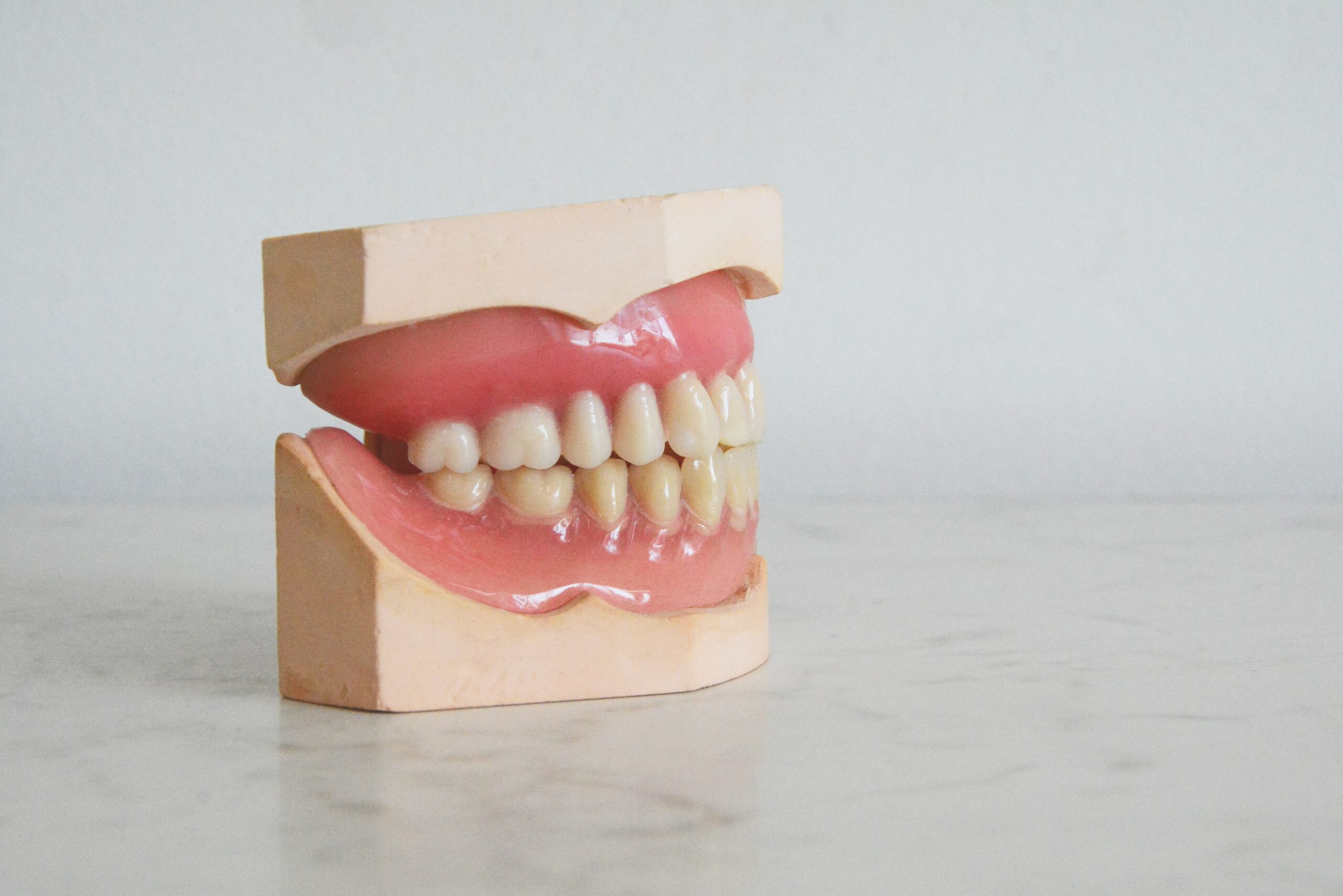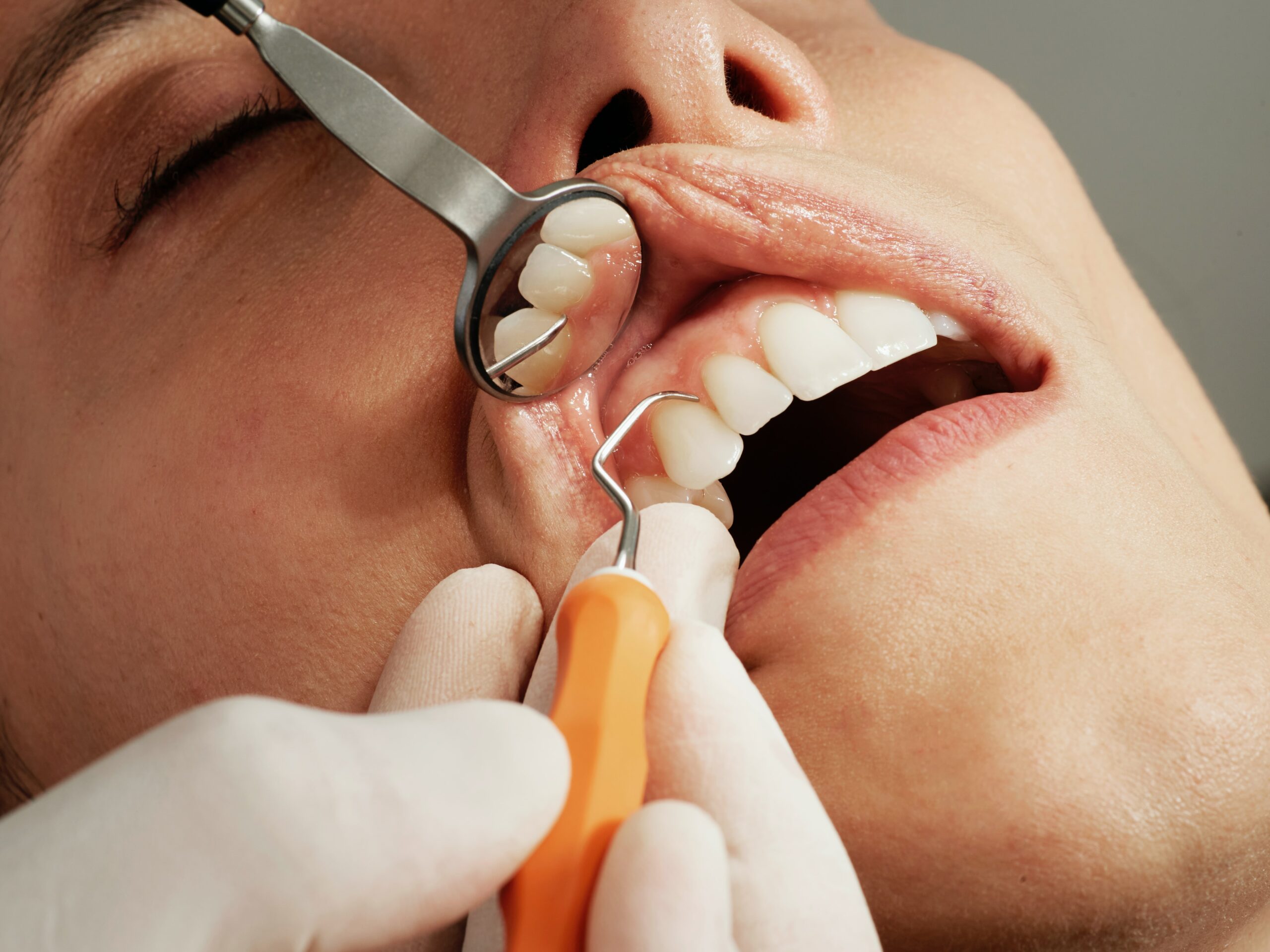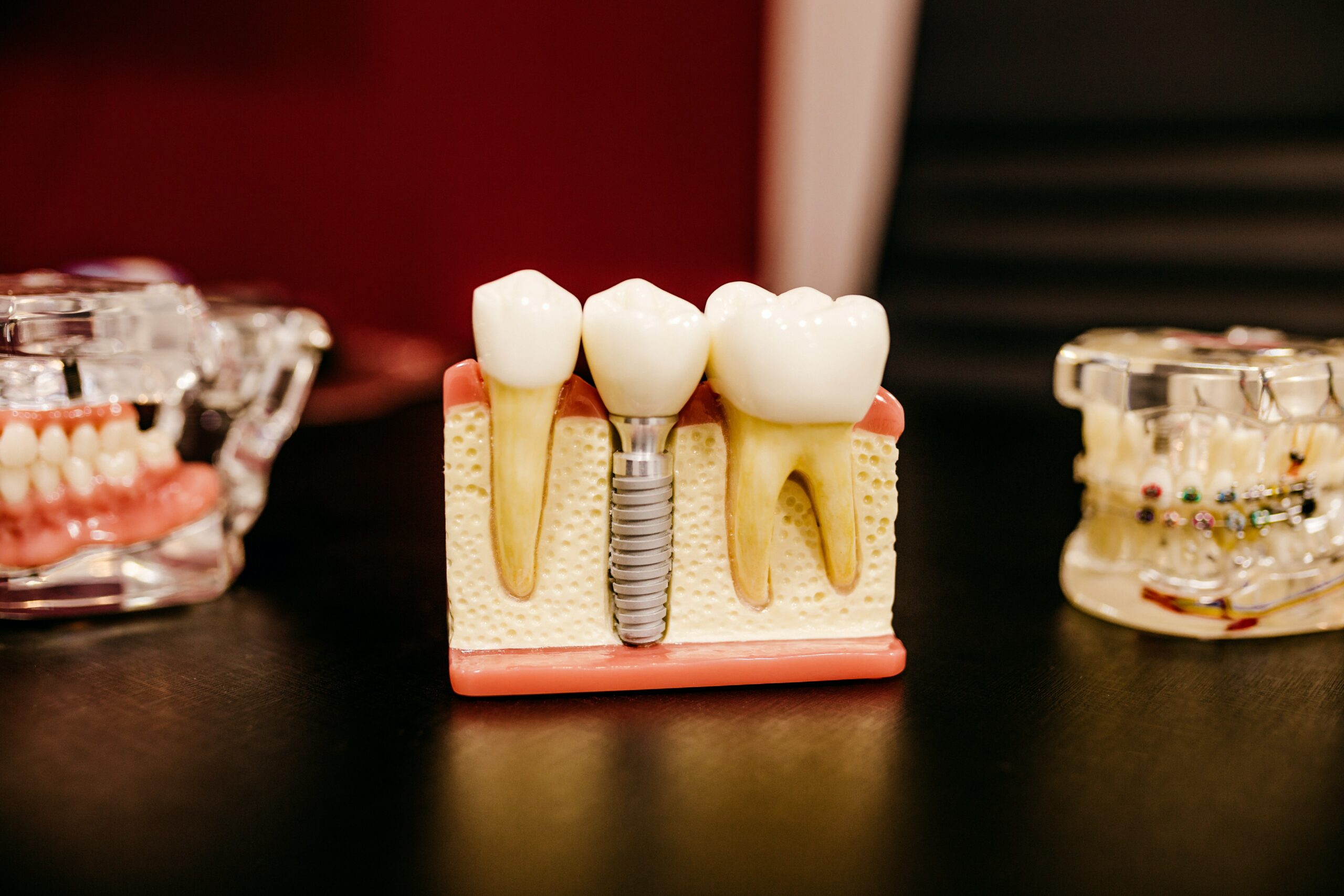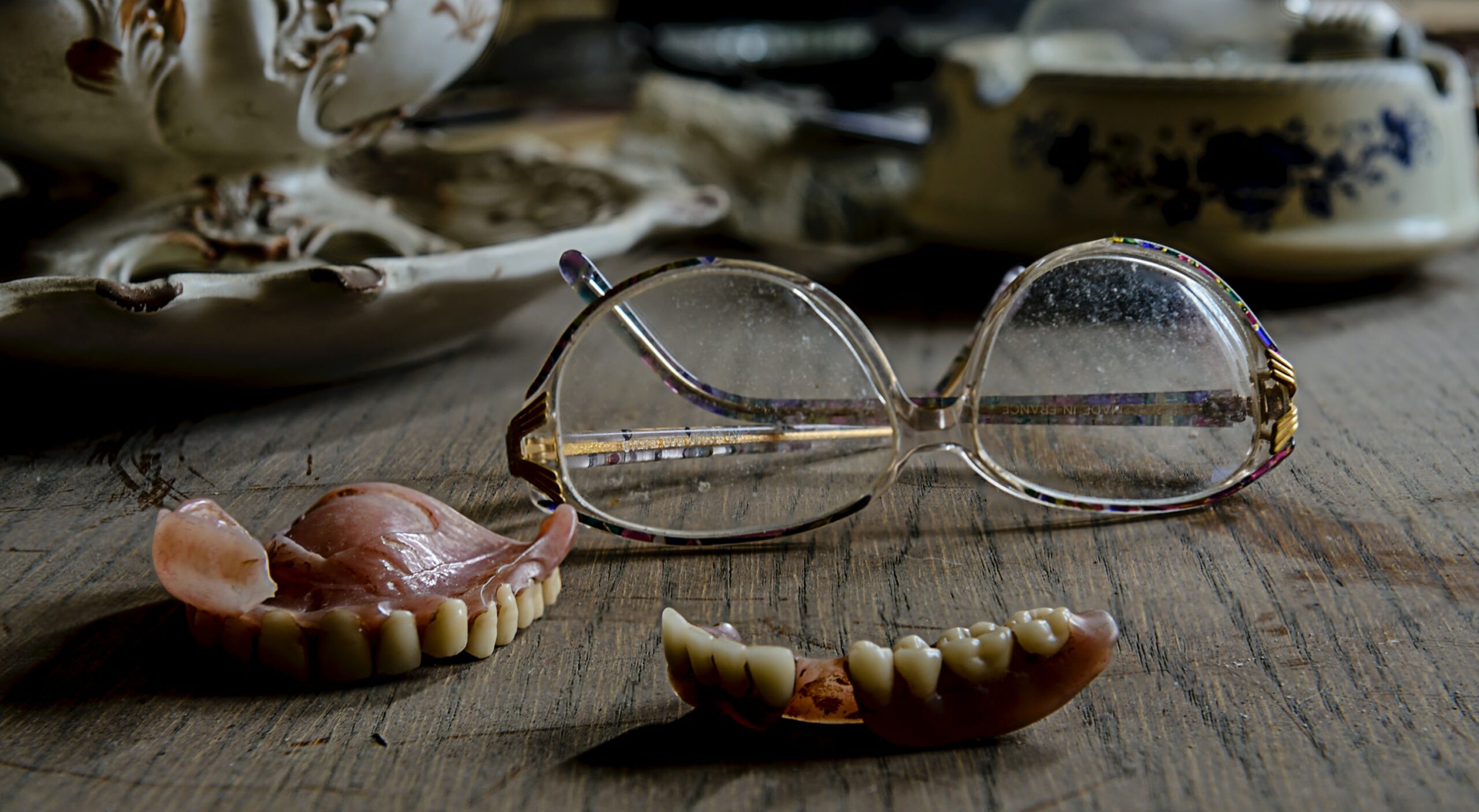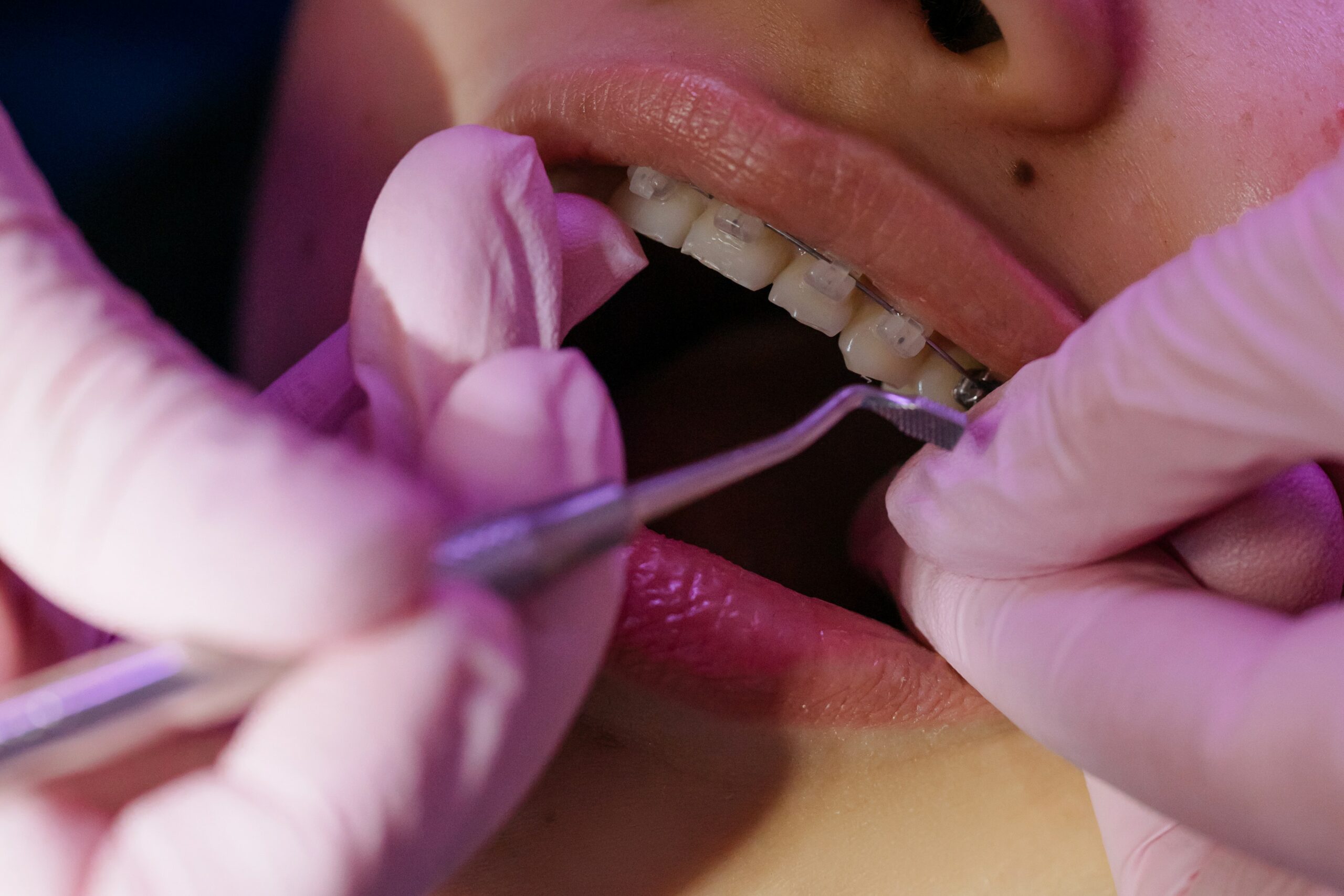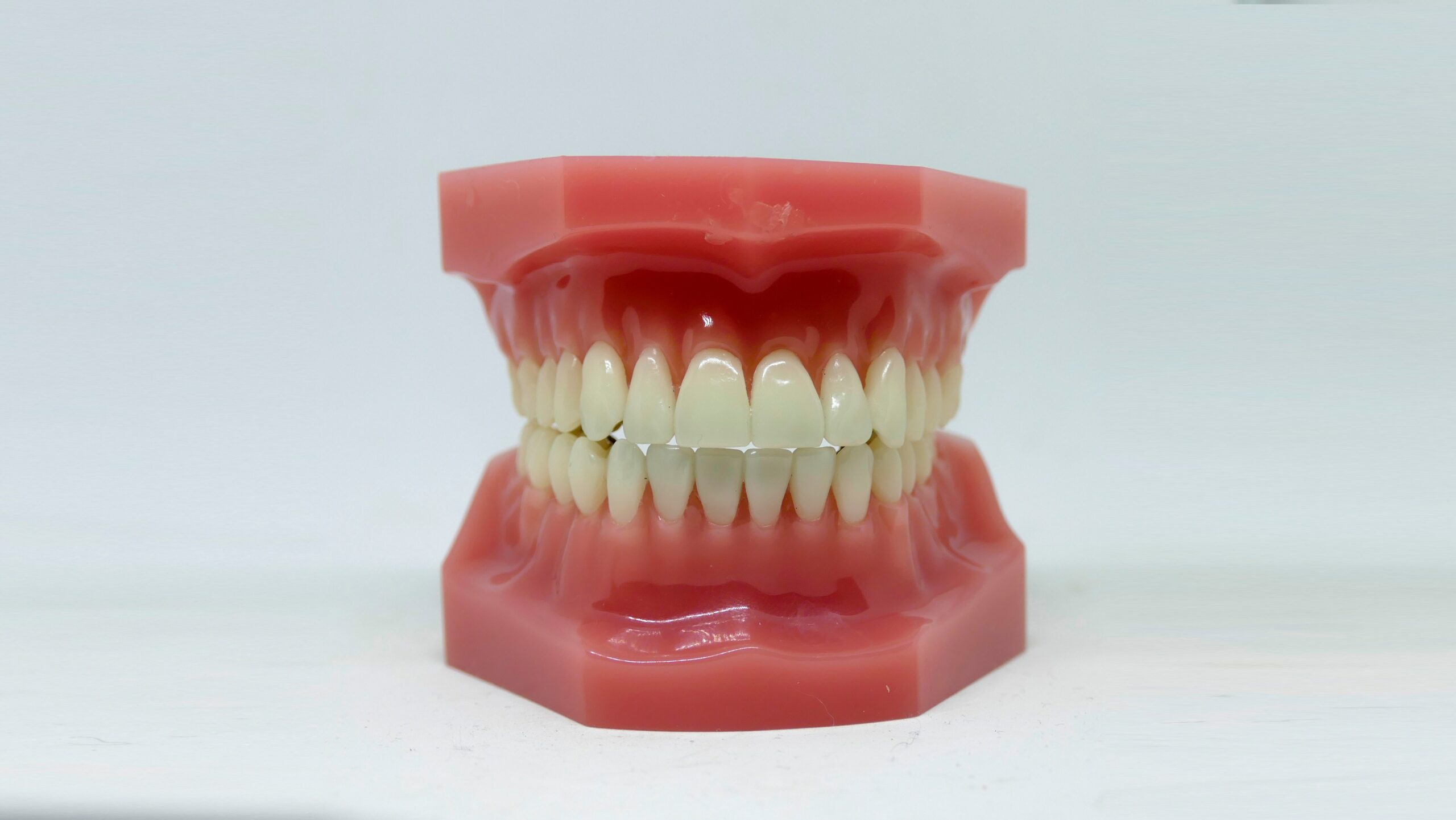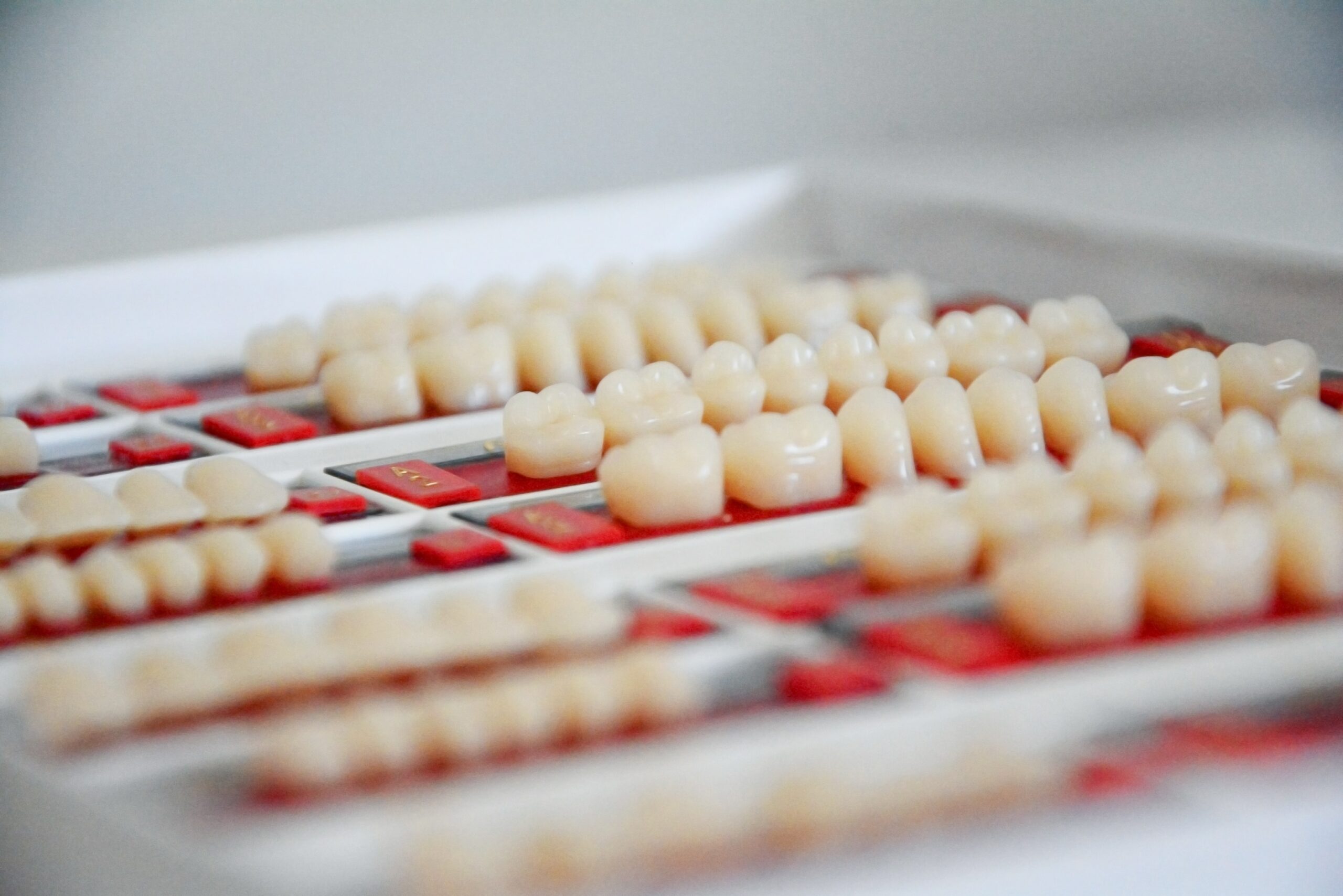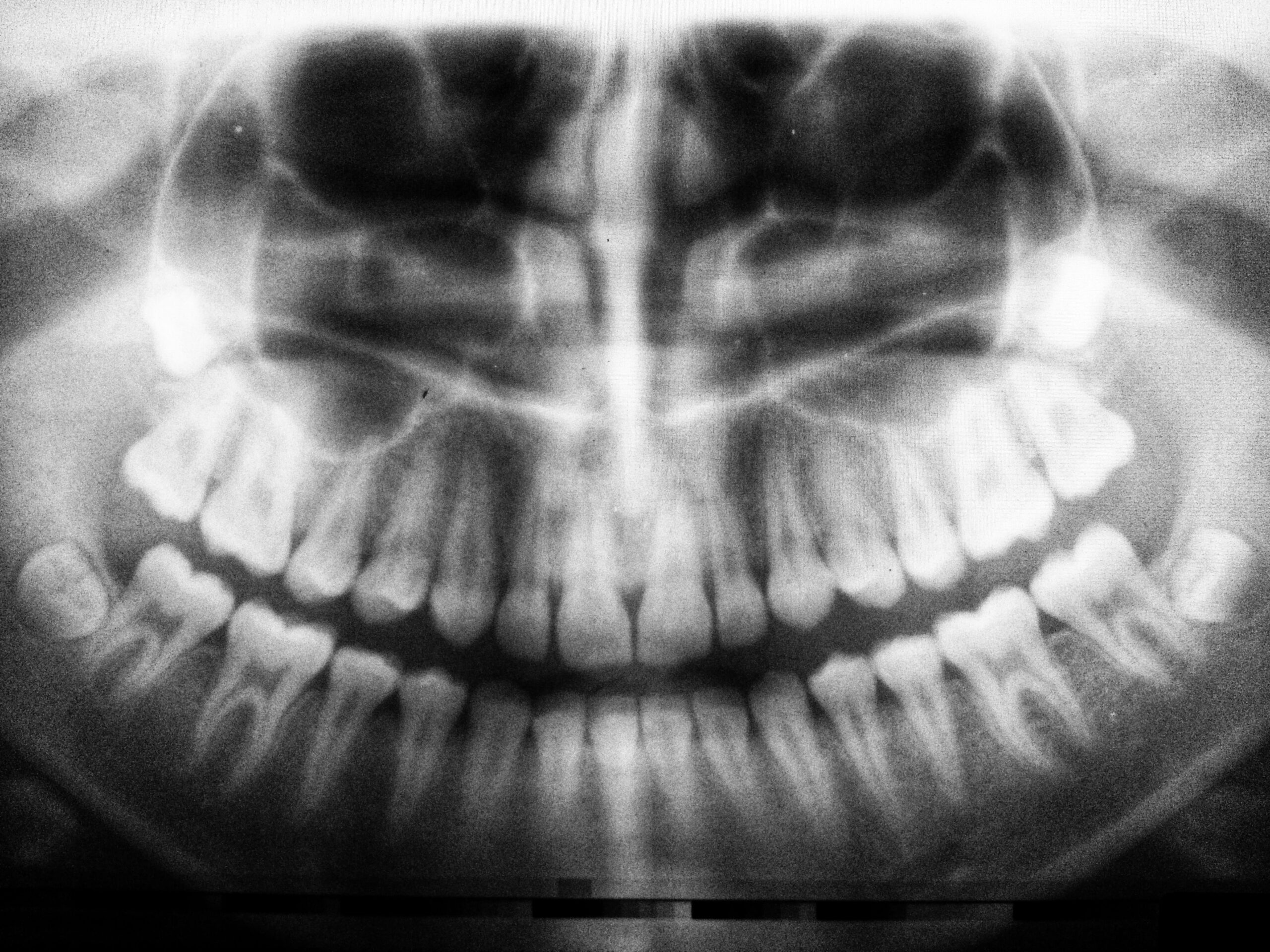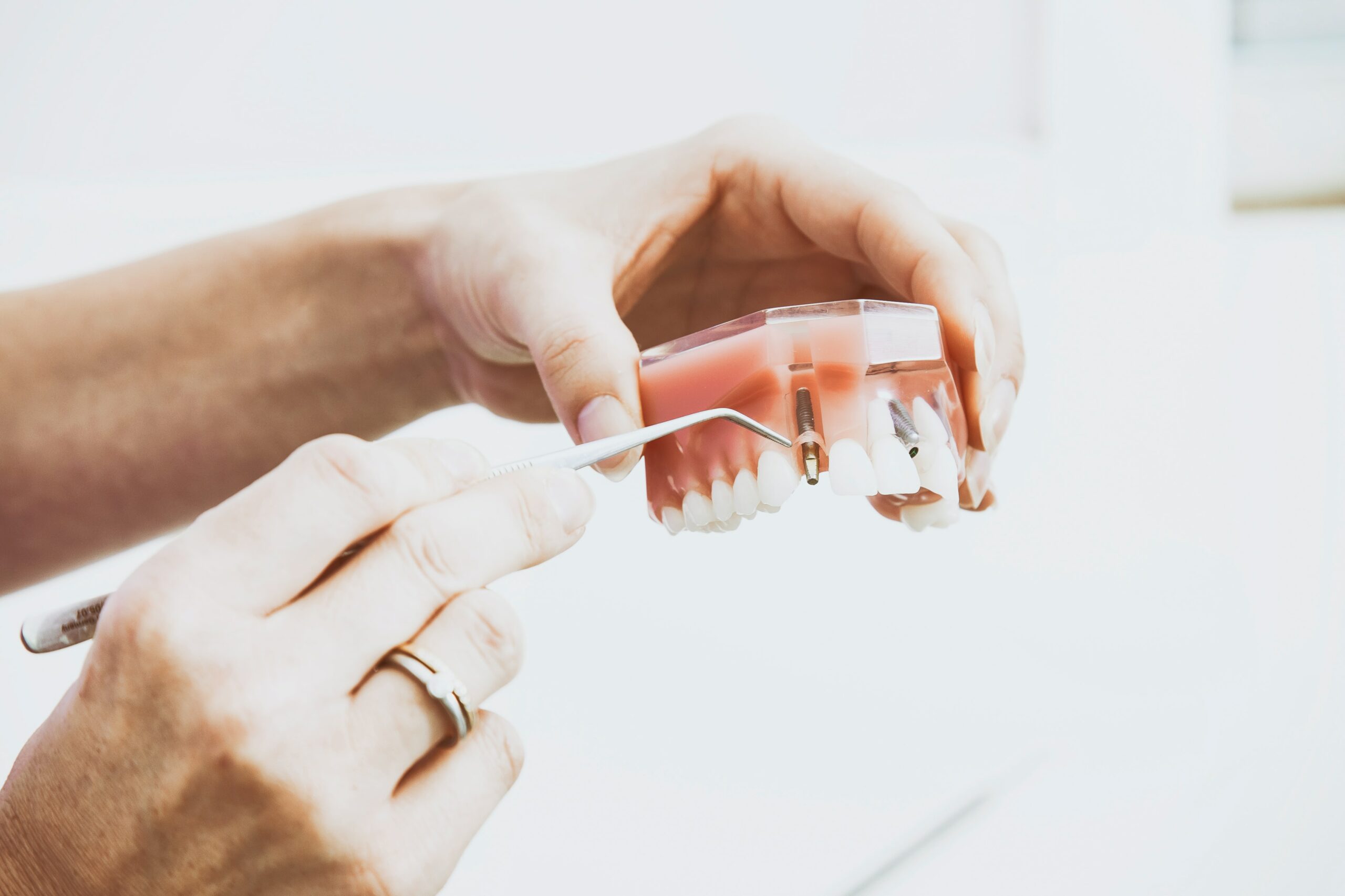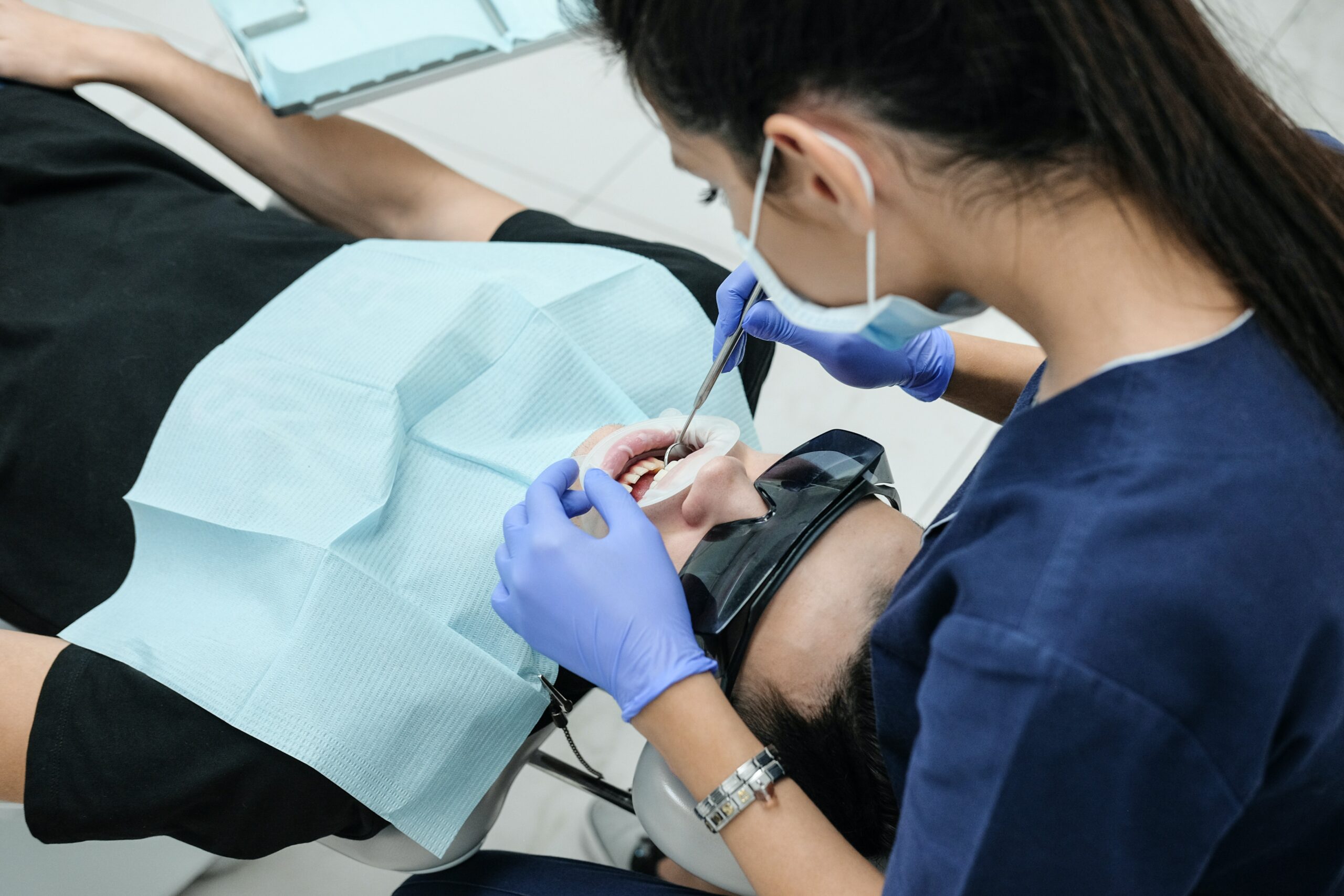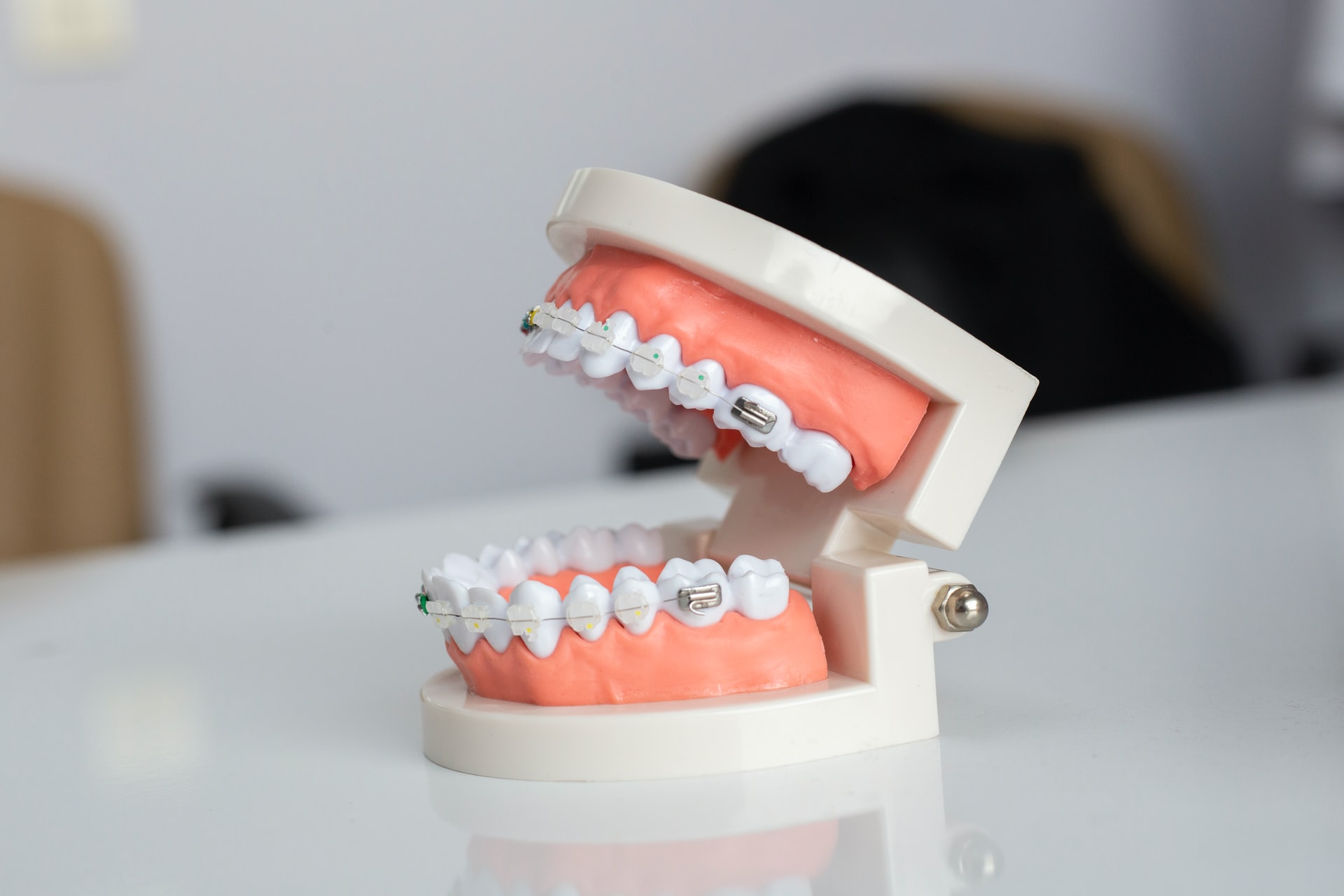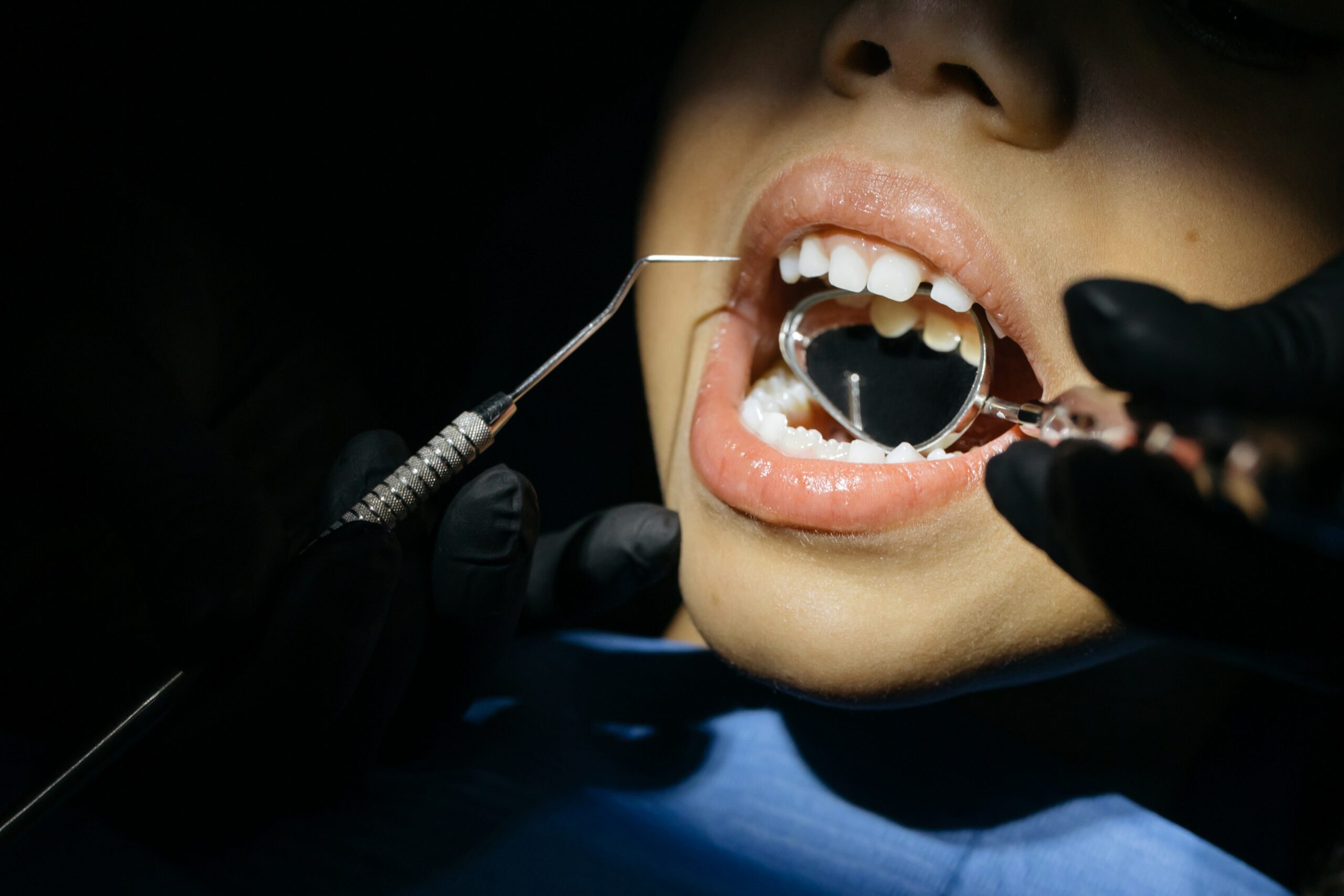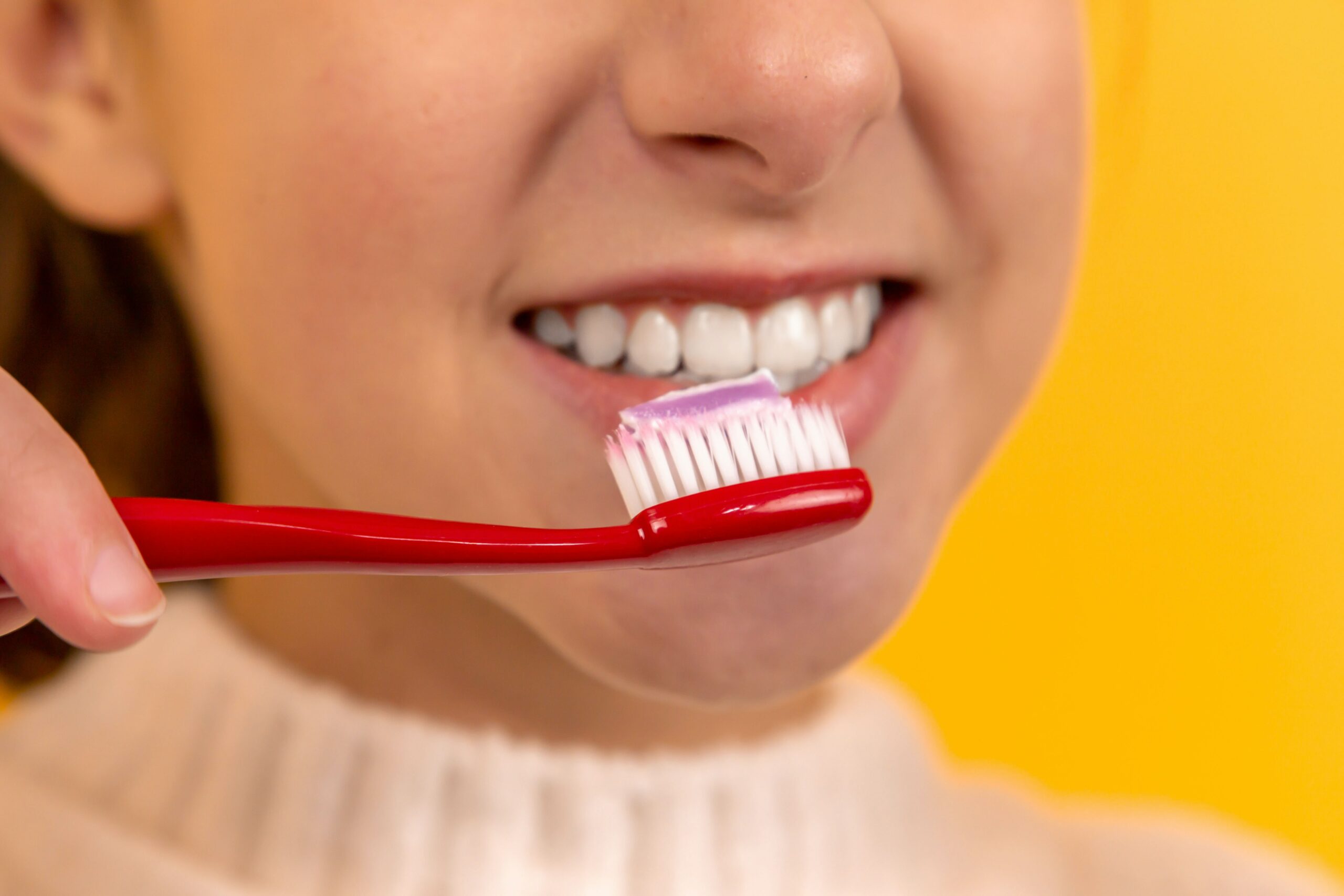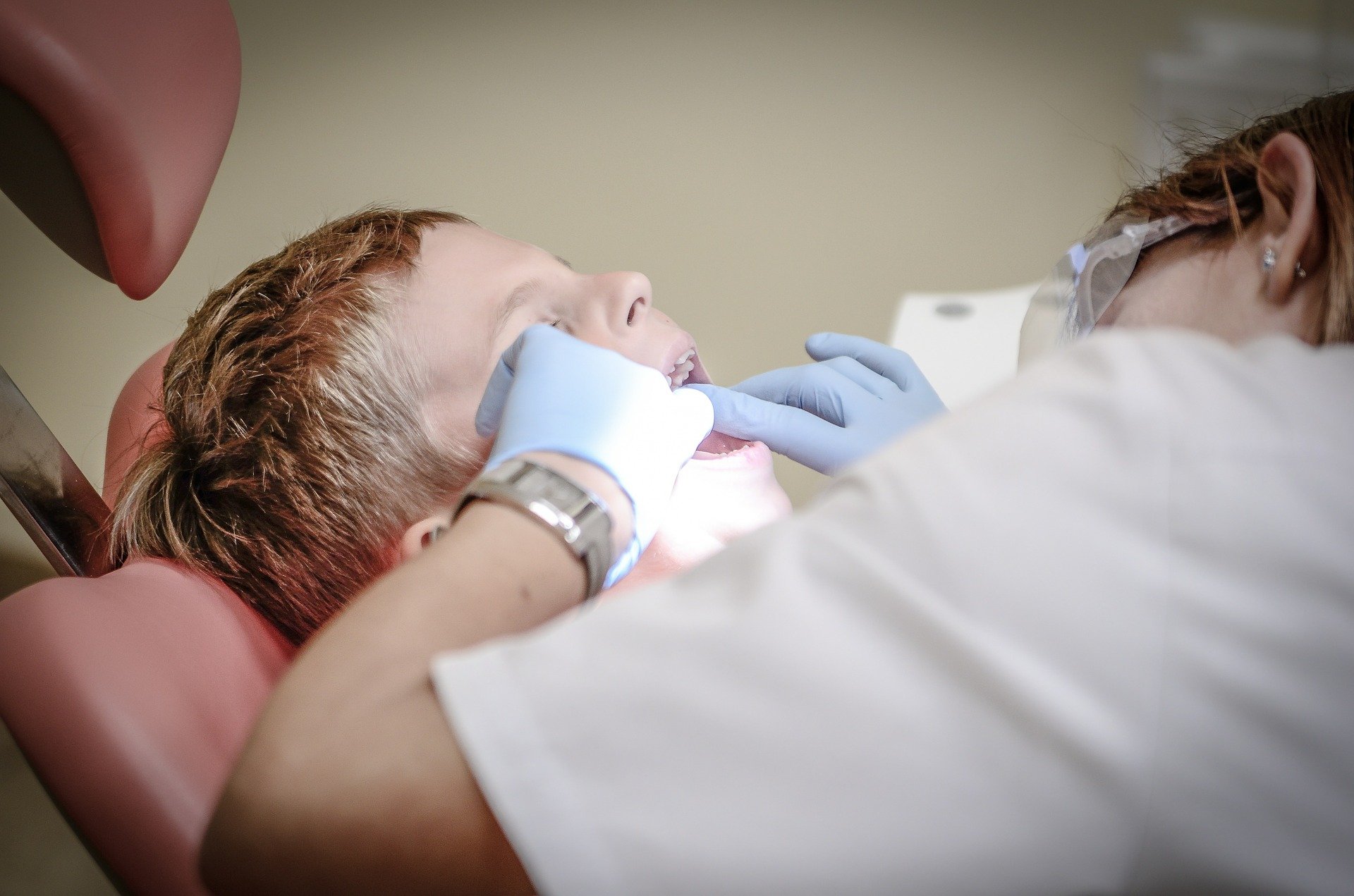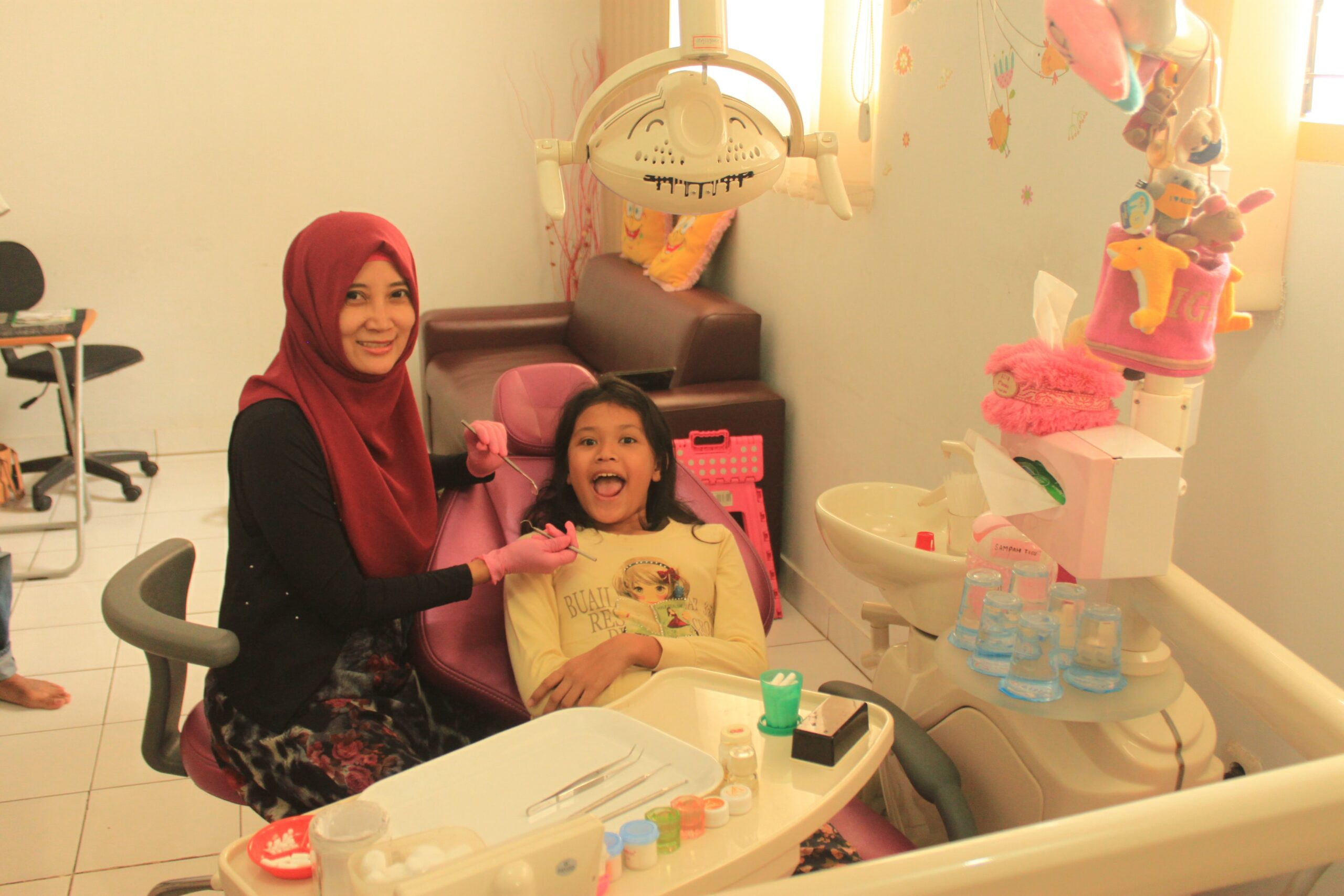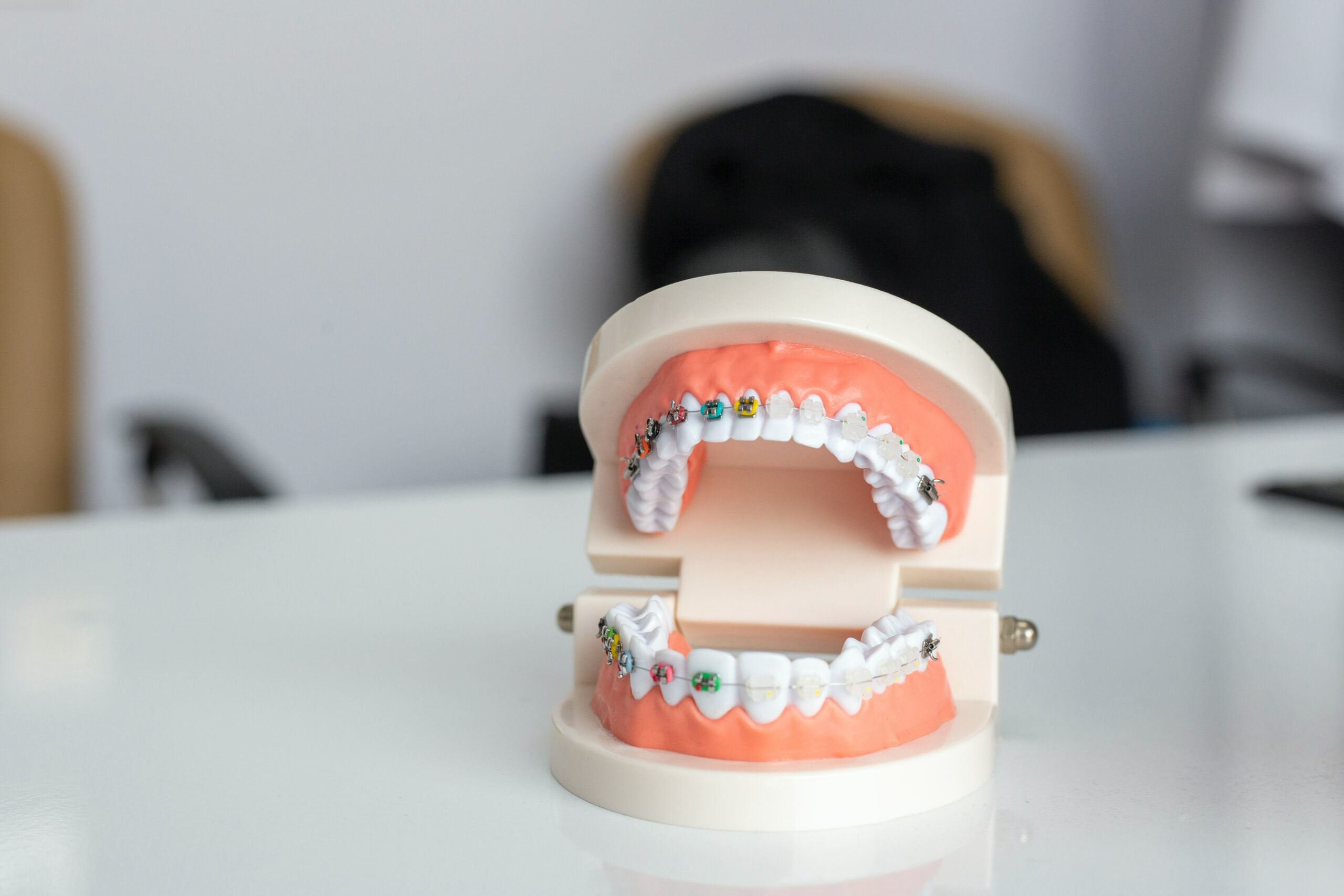Cavities are well-known as a result of inadequate brushing and flossing. Many people don’t realize that Poor Dental Health can harm overall health. It also raises the chance of developing heart disease, stroke, diabetes, and other conditions.
What can you do to avoid this?
It is essential to learn about oral-systemic health, which relates to the health of your mouth and your entire body. To provide knowledge on the inter-relationship between dental and systemic health, a group of dentists formed this blog to provide information on such topics as:
- Causes
- Symptoms
- Risks
- Prevention
The following are some of the possible causes:
Bacteria are a natural part of our bodies. In contrast, it isn’t natural for bacteria from your mouth to enter your body’s bloodstream. Periodontal disease is primarily to blame. Plaque accumulates on the gum line, causing gum disease. In this way, bacteria can build between your teeth and gums and enter your bloodstream.
When your immune system is in peak condition, your body is better prepared to fight off oral bacteria that have made their way into your bloodstream and caused the infection. However, if the Poor Dental Health problem is not treated promptly enough, periodontitis might develop.
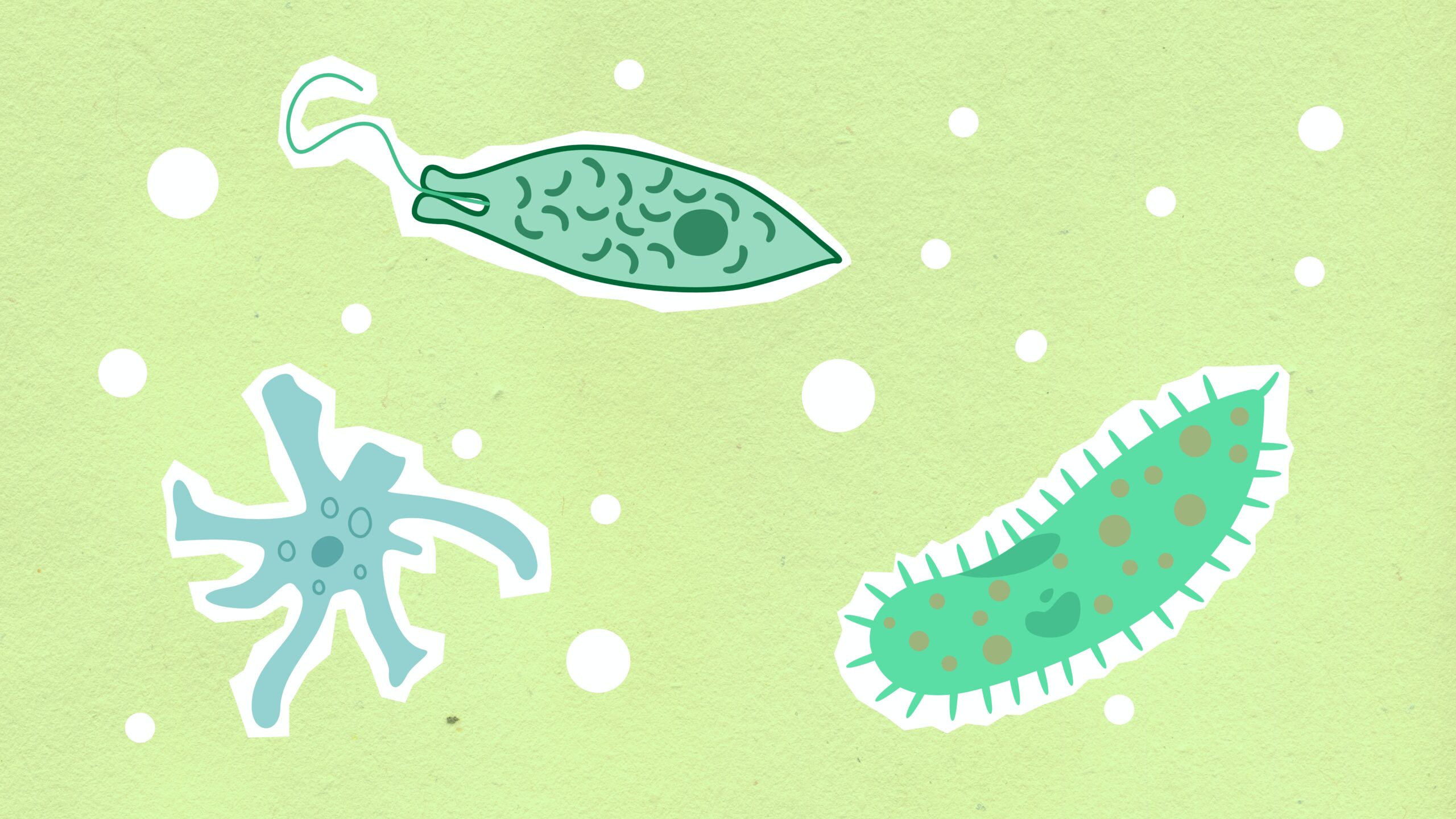
Germs and inflammation associated with this sort of gum disease, according to research investigations, have been linked to a variety of other diseases and health problems.
Disorders such as diabetes, HIV infections, AIDS, and blood cell problems can all impair your body’s ability to fight infection and keep you healthy. In dentistry, the term “oral-systemic health” refers to the connection between your dental and total health. Periodontitis raises some health concerns.
Endocarditis:
Tumors in particular types of people. Babies who are born too soon or with a low birth weight are considered premature.
- Complications associated with diabetes
- A condition that affects the lungs
- Infections of the lungs
- Intestinal disease
- Dementia
Take additional care of your smile if you have any of the following:
- Diabetes
- HIV/AID
- The Alzheimer’s condition
- Osteoporosis
Poor Dental Health problems are more likely if you use drugs that dry out your mouth. If you suspect that you may be suffering from gum disease, how can you be sure?
Symptoms:
Gum disease can show up as one or more of the following symptoms:
- Puffy and bloodshot eyes
- When brushing or flossing, your gums bleed
- Tooth decay
- Teeth being pulled apart from gums.
- A sensitivity to extremes of heat or cold
When you bite down, your teeth will no longer fit together in the same way. Call your dentist right away if you detect any of these symptoms. It is best to treat gum disease as soon as possible for the best outcomes.
Preventive measures include the following:
Oral health, in contrast to other aspects of your health that may be out of your hands, is something that you have a great deal of influence over. Recent research suggests that gingivitis is the primary link between Poor Dental Health and many other health problems, including heart disease and diabetes.
Can prevent gum disease in the following ways:
Once a day should use mouthwash to eliminate food particles and bacteria from the mouth and throat. If you tend to get a dry mouth, opt for an alcohol-free mouthwash.
Do not skip a day of flossing. Should complete fillings and other required dental procedures. Once every six months, schedule an appointment with your dentist for complete cleaning and examination. This advice prevents one from Poor Dental Health problems.

